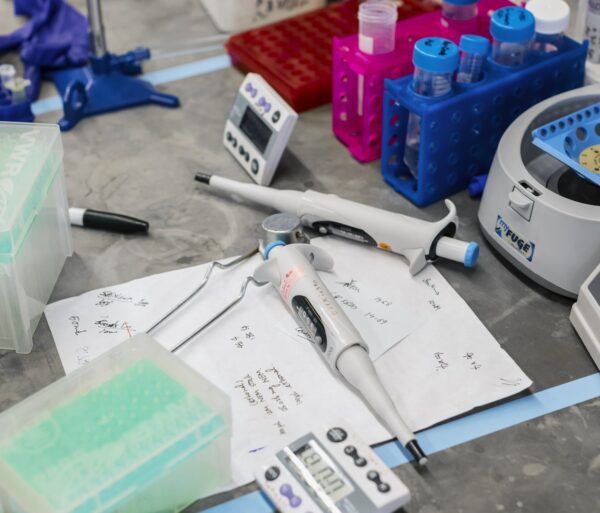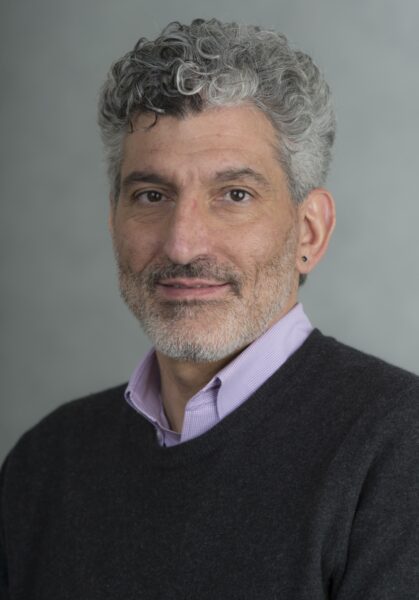
Harsh, abusive maternal parenting in childhood is a robust risk factor for many mental disorders and health problems including cardiovascular disease, diabetes, and obesity. Studies of nonhuman mammals reveal that atypical early mothering causes lasting changes in the expression of genes that are involved in reactions to stress. Dr. Benjamin B. Lahey would like to prevent these outcomes by helping mothers parent less harshly. Ideally, intervention begins with mothers when they are pregnant or having problems with their children, at which time they are taught to respond in non-harsh ways. Unfortunately, it is difficult to help mothers to reduce their harsh parenting. Even when abusive mothers are motivated to change, it is difficult for them to do so.
Dr. Lahey believes that there is a neurobiological reason why the maternal behavior is different in these mothers. When they experience their child misbehaving or their child defies them, they have an intense negative emotional reaction that they are unable to control. Dr. Lahey planned to use functional magnetic resonance imaging (fMRI) to test the hypothesis that harsh mothers will exhibit both greater activation of brain systems involved in negative emotion, such as the amygdala, and less coordinated activation of cortical control systems when viewing images of child misbehavior. This would indicate that these mothers have problems in voluntarily dampening their emotional reaction. Because these situations happen very quickly, the harsh mothers are likely to hurt their children in a disciplinary response rather than sitting down and talking about the misbehavior.
Dr. Lahey also predicts that genes known to influence animal maternal behavior are associated with maternal neural responses to child stimuli. He planned to study dopaminergic reward circuits which, when activated normally, result in infant stimuli becoming reinforcing and play a key role in mammalian mothering. Lahey focused on the dopamine transporter gene (DAT1), predicting variations between normal and harsh mothers.
Understanding harsh parenting at neurobiological levels will lead to breakthroughs in treating harsh parenting. Programs that intervene and reduce early harsh parenting could have great public health benefits, just as do programs to reduce smoking related lung cancer.
When mothers harshly punish their children, the children are at a greatly increased risk for a variety of mental disorders and health problems including cardiovascular health problems, diabetes, and obesity.
Programs that could reduce early harsh parenting by 50% could have great public health benefits and save the U.S. billions of dollars in healthcare.



